Black Britain has been a long time in the making, created by many generations of people of African and Caribbean heritage living in Britain throughout the twentieth century. This special Your Local Arena, in partnership with Bocas Lit Fest in Trinidad, explores how literature and music have played a part in that — from books published in the 1930s, when most of the Caribbean considered itself British, up to the 1990s, when black authors born in the UK were being published, to the music of 2-Tone, where black and white musicians blended blue beat and ska from the 1960s with reggae, soul and punk from the 1970s. This cultural journey, criss-crossing the Atlantic over decades, has led to the rise of what we now celebrate as Black Britain.
For five days, YLA brought you this early BBC Arena film, Rudies Come Back or The Rise and Rise of 2-Tone, which captures the start of the music genre in its hometown of Coventry in 1980. You can still watch here the accompanying film which discusses the rise of Black British culture, featuring Judith Bryan, SI Martin, Mike Phillips, Jacqueline Roy and Nicola Williams, who were all published on 4 February in Penguin’s ‘Black Britain – Writing Back’ series curated by Bernardine Evaristo, as well as Anthony Joseph, representing the legacy of CLR James. Read and listen to new poems by today’s rich mix of Black British poets: Malika Booker, Richard Georges, Keith Jarrett, Hannah Lowe, Maureen Roberts and Roger Robinson. Read the article on the history of Black British publishing by Roxy Harris and Sarah White of the George Padmore Institute, a London-based archive housing materials relating to the black community of Caribbean, African and Asian descent in Britain and continental Europe. And listen to the London by Lockdown podcast by Craig Garret exploring the rise of Black Britain. Together, this Your Local Arena brings a fresh perspective on Black British culture.
YOUR LOCAL ARENA: RESPONDING TO Arena and The Rise of Black Britain
Judith Bryan, Anthony Joseph, SI Martin, Mike Phillips, Jacqueline Roy and Nicola Williams respond to the Arena film through their own experiences of and novels about building Black Britain.
INSPIRED BY ARENA’S Celebration of Black Britain:
New Poetry from Today’s Black Britain
Malika Booker
‘Always The Mix and Blend’
Richard Georges
‘In Your Young Days, for The Specials’
Roger Robinson
‘The Rudeboy Returns’
A Short History of Black British Publishing
The Roots of Independent Black British Publishing, by Roxy Harris & Sarah White
The 1960s saw the first small independent specialist black publishing houses — New Beacon Books (founded by John La Rose and Sarah White) in 1966, and Bogle L’Ouverture Publications (Eric and Jessica Huntley) in 1968.
Significantly 1966 was not only when New Beacon was founded, but also when the Caribbean Artists Movement (CAM) burst on the scene. Many West Indian postgraduate students were in London continuing their studies after doing their first degrees in the newly formed University of the West Indies. There was an active students’ centre in Earls Court where CAM held its regular monthly meetings. Adjacent was Nkrumah’s Africa Unity House, forming a similar base for African students, but also hosting liberation movements from Southern and Portuguese Africa. And in the USA there was the burgeoning development of the black power movement. It was a very special time, a concentrated cauldron of ideas.
CAM had an intense and vibrant six years of talks, discussions, ‘warishi’ nights. Ideas explored lived on through friendships and shared interests, and also in the everyday experience of later generations of West Indians who were beginning to put down roots in the UK and form a distinct Black British experience.
This did not mean that no publishing went on at all before 1966. Minty Alley by CLR James was first published in 1936 by Secker and Warburg. New Beacon republished it in 1971, part of John La Rose’s vision to make out-of-print classic texts accessible to a new generation of readers. A considerable number of authors, born in the Caribbean, but with writing that reflected their experience both in the Caribbean and in the UK, began to appear, published by established UK publishers. These included George Lamming, VS Naipaul, Andrew Salkey and Sam Selvon. Henry Swanzy, working for the BBC’s Caribbean Voices, provided a space for many Caribbean–based writers to hone their craft.
James Currey’s pioneering Heinemann African Writers series provided a rich door to African creative writing. There were also new secondary school texts beginning to reflect the changing attitudes of the newly independent countries.
During the late 1960s and through the 1970s, the publishing of specifically Black British writing or writing addressing the specific Black British experience developed slowly. Bogle L’Ouverture published Getting to Know Ourselves, and Dread Beat and Blood by Linton Kwesi Johnson, Allison & Busby published Buchi Emecheta’s fiction, as well as non-fiction and children’s books. In 1971 New Beacon published the campaigning booklet How the West Indian Child is Made Educationally Subnormal in the British School System for the Caribbean Education and Community Workers Association, one of the early black education movement’s campaigning groups. Other start–up publishers included Blackbird Books (Rudolf Kizerman), Karnak House (Amon Sabaar Sakana) and Karia Press (Buzz Johnson). They all struggled, often operating from cramped quarters in their own homes and providing their own funds. They all had to have an activist approach to the works they were publishing — promoting them at public meetings, readings and through direct sales. They shared this activist orientation with the pioneering New Beacon and Bogle L’Ouverture.
The 1980s saw a qualitative shift in the Black British publishing world. For one thing, government money became available. The British state was faced with the protest movements that had led to the New Cross Massacre Black Peoples Day of Action in 1981 and the uprisings in cities all over the UK that had followed. They needed to absorb or neutralise the protest. Suddenly grants were available, many in London through the Greater London Council and Inner London Education Authority. They helped to provide sustenance and funds for numerous community writing and publishing groups which had started to emerge in 1970s: Akira, the Black Ink Collective, Centerprise, Commonplace Workshop, Out of Many Creative Arts Group, Peckham Publishing Project and so on. Many individual schools around the country were encouraging their pupils to write about their own experiences. The publishing of poetry, stories and autobiographies all flourished, creating a generation whose own Black British experience was being validated as something worth writing about.
In 1982, the First International Book Fair of Radical Black and Third World Books took place. By 1981 New Beacon was working closely, politically and culturally, with Bogle L’Ouverture Publications and Race Today Publications through the Alliance of the Black Parents Movement, the Black Youth Movement and the Race Today Collective. The Alliance, which also had branches in Manchester and Bradford/Leeds, had provided the core organisational structure for the successful Black Peoples Day of Action march. In the autumn of 1981 New Beacon and Bogle, both publishing houses and bookshops, and Race Today Publications, publishing its journal but by now books as well, discussed and acted upon an idea they had for an international book fair. A Call to the Book Fair was sent out in the autumn of 1981 by the two directors, Jessica Huntley and John La Rose:
The aim of the Book Fair is to mark the new phase in the growth of radical ideas and concepts and their expression in literature, politics, music, art and social life. It will be a meeting place for writers, publishers, distributors, booksellers, artists, musicians, film makers and the people who inspire and consume their creative productions.
The first Book Fair was held in Islington, the second in Lambeth and the third in Acton, reflecting the three areas of London where the organisers were based. In 1985 it moved to the Camden Centre, remaining there until the final Book Fair in 1995. The Book Fairs were a great inspiration and helped to nurture many independent black British publishing initiatives at the time. Some fell by the wayside, but a look at the Book Fair brochure published each year with its list of participants and publishers shows the same names coming and growing year after year: Tamarind Press, Verna Wilkins’ pioneering children’s book publisher; Peepal Tree Press started by Jeremy Poynting with work from East Indian Caribbean writers but later widening its net to Caribbean, African and Black British writers. This history is comprehensively documented in the book A Meeting of the Continents (2005).
People and publishers came from all over the world to participate. The Book Fairs and their Festivals provided a platform for discussion around ideas, politics and culture. They built networks and alliances. They carved out a space for independent publishing initiatives. They helped small publishers, who met each other, shared experiences, methods, contacts and skills. They provided an important space to grow and gain confidence. They grew the readership for the wide, varied and distinctive Black British writing which we see today — as well as providing inspiration for those who would go on to become those authors.
London by Lockdown: A Travel Podcast
New episode: Drawing a Better Map
As a community and a nation, we can’t know where we are, where we’re going, or where we could be if our map is faulty, incomplete or badly drawn. We also miss out on great stories. To build a better map and truly trace the contours of this place, in all its complexity and beauty, we need to hear all voices, stories and experiences — across the city and beyond. This latest episode explores the rise of Black Britain and celebrates diverse and brilliant Black British voices. As part of this collaboration with Your Local Arena, we hear readings and interviews from authors SI Martin, Jacqueline Roy and Nicola Williams, and we learn how levelling the field in publishing can enrich our understanding of everything from Georgian London to legal thrillers.
Listen to London by Lockdown on all major podcast platforms, and Here.

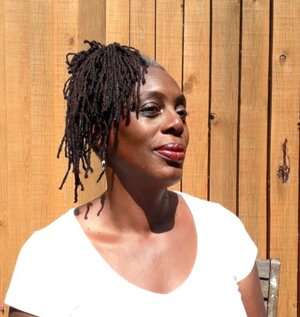
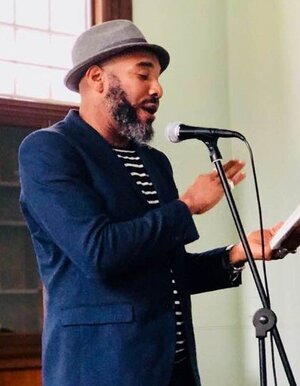
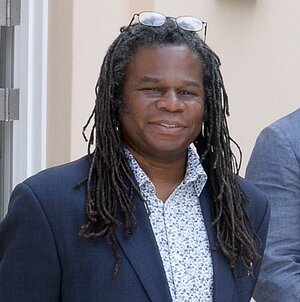
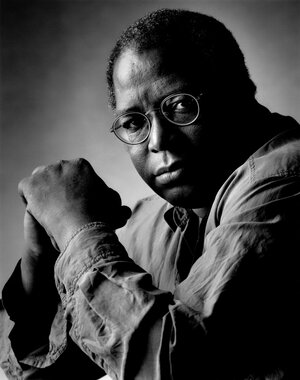
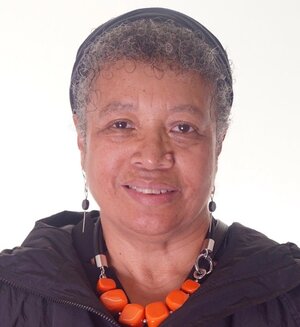
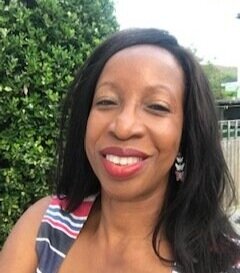
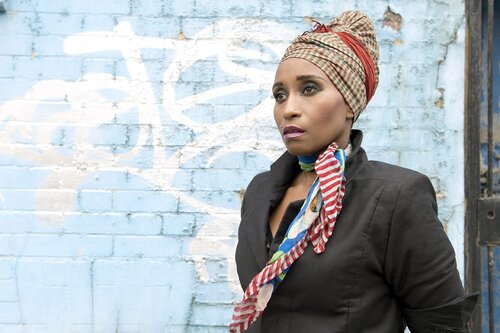
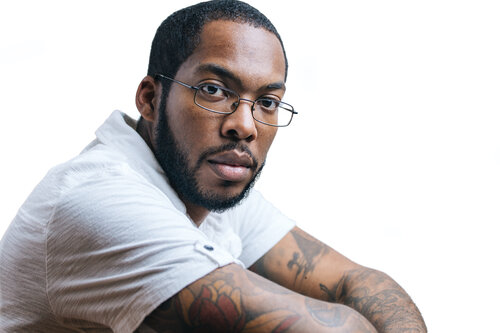
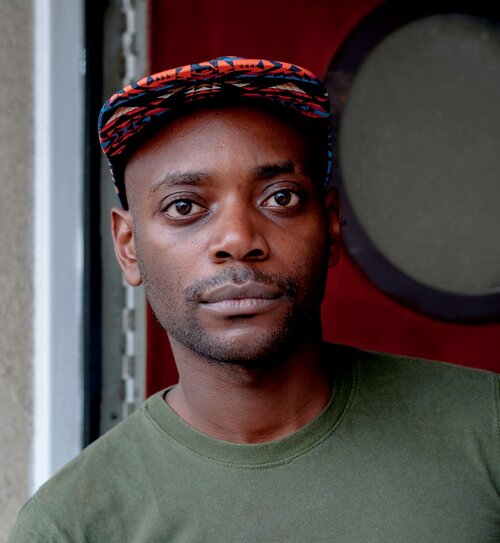
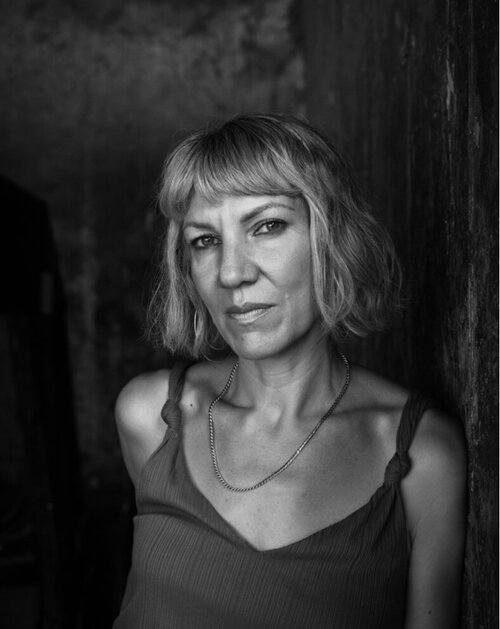
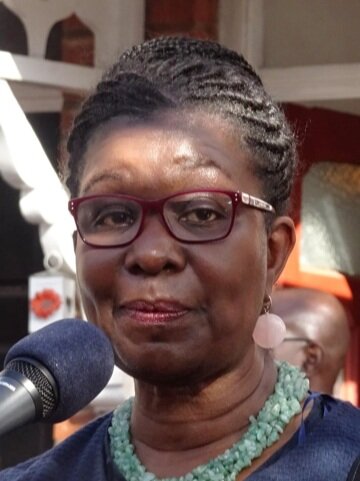
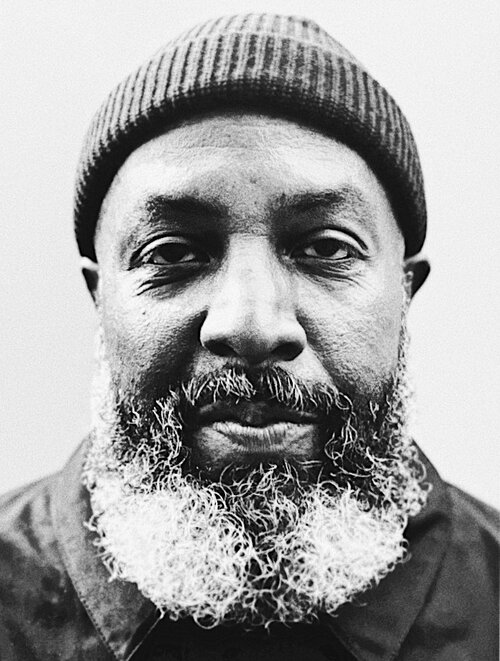
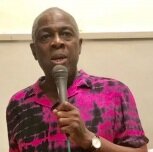
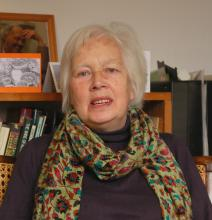
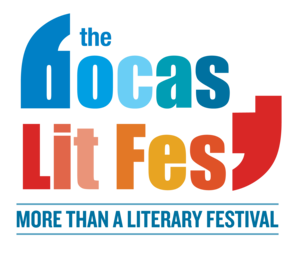
.png)
